Huang Yuanyu, born in Changyi, Weifang, Shandong Province, was named Yulu, also known as Yuanyu (also known as Kunzai), also known as Yannong and Yulizi. He was born in September 1705 of the 44th year of the Kangxi reign and passed away in September 1758 of the 23rd year of the Qianlong reign
Huang Yuanyu, born in Changyi, Weifang, Shandong Province, was named Yulu, also known as Yuanyu (also known as Kunzai), also known as Yannong and Yulizi. He was born in September 1705 of the 44th year of the Kangxi reign and passed away in September 1758 of the 23rd year of the Qianlong reign. Huang Yuanyu is a representative figure of the Qilu medical school in the Qing Dynasty. He was the imperial physician of Emperor Qianlong. Emperor Qianlong personally wrote a plaque with the words "Miao Wu Qi Huang" to praise his knowledge, and the emperor bestowed "Ren Dao Yao Ji" to praise his medical skills. He inherited and developed the extensive and profound theory of traditional Chinese medicine in China, which had a profound impact on later generations of physicians.
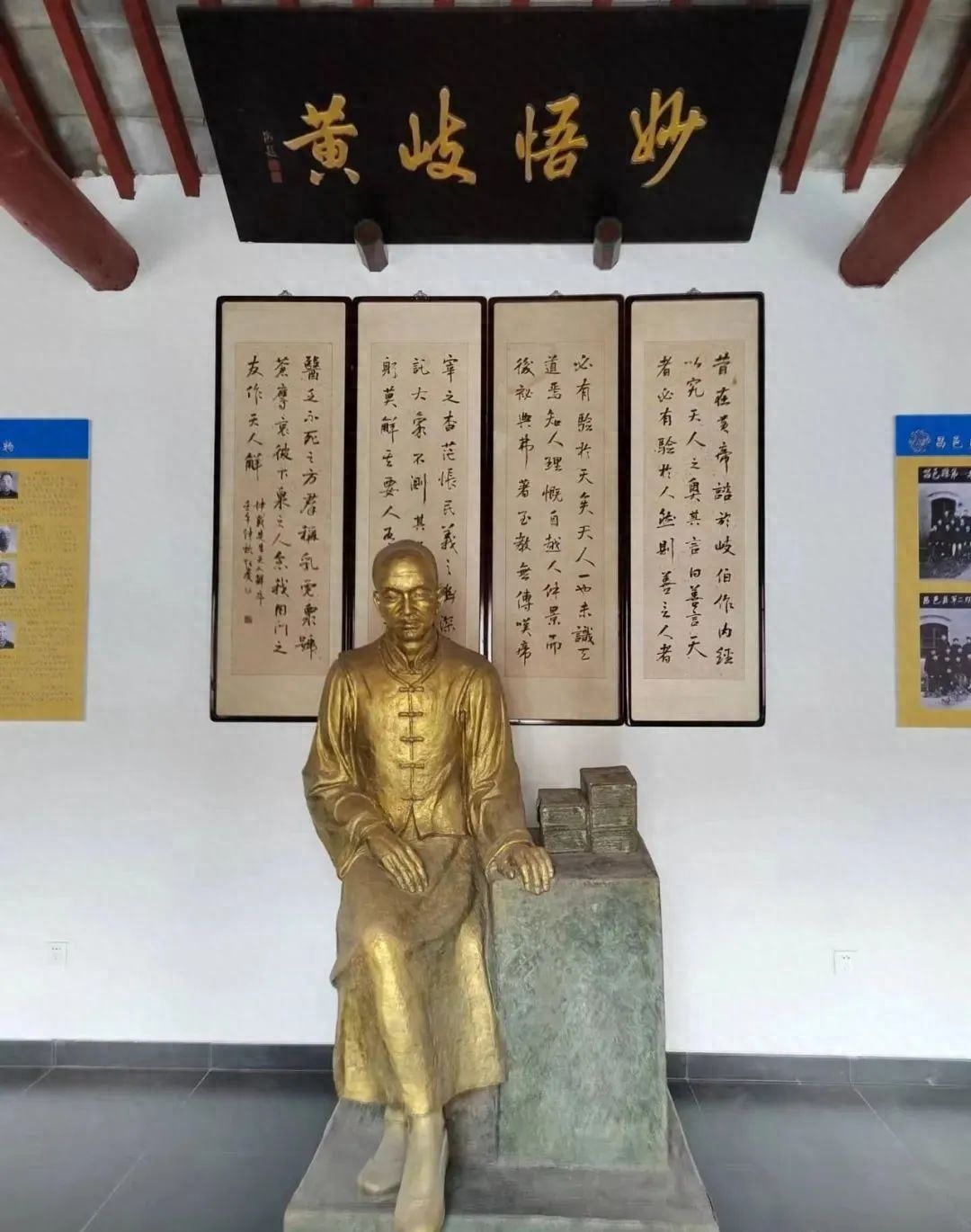
A corner of Huang Yuanyu's former residence
Chapter 1
Brief Biography of Huang Yuanyu
After Huang Yuan was born into a noble family, he was the eleventh grandson of the Ming Dynasty Minister of Household, Huang Fuzhong Xuangong. His grandfather, Huang Yunzhen, was born by Lin Gongsheng, and his father, Huang Zhong, was born by Changyi Xiangsheng. Huang Yuanyu has been exceptionally intelligent since he was young. "Books from various schools of thought, once seen, fade away, and when heard, disintegrate. Influenced by his family, Huang Yuanyu aspired to high and lofty ideals, "always striving to achieve success and fame in the world." At the age of weak crown, he was admitted to Changyi as a young man.
In the twelfth year of Yongzheng's Jiayin reign (1734), while he was full of ambition to achieve great success and serve the country, he suddenly suffered from an eye disease and suffered disaster. Due to the "quack doctor's mistake in taking medicine to damage his eyes", he became blind in his left eye. In the Qing Dynasty, according to the imperial examination regulations, even those with irregular facial features were not allowed to hold official positions. Despite his grief, Huang Yuanyu expressed his indignation and determination: "If one is not born to be a famous minister to help the world, one should also be a famous doctor to help the people. From then on, he abandoned Confucianism and became a doctor, pursuing lifelong pursuits such as treating diseases, writing books, and spreading medicine.
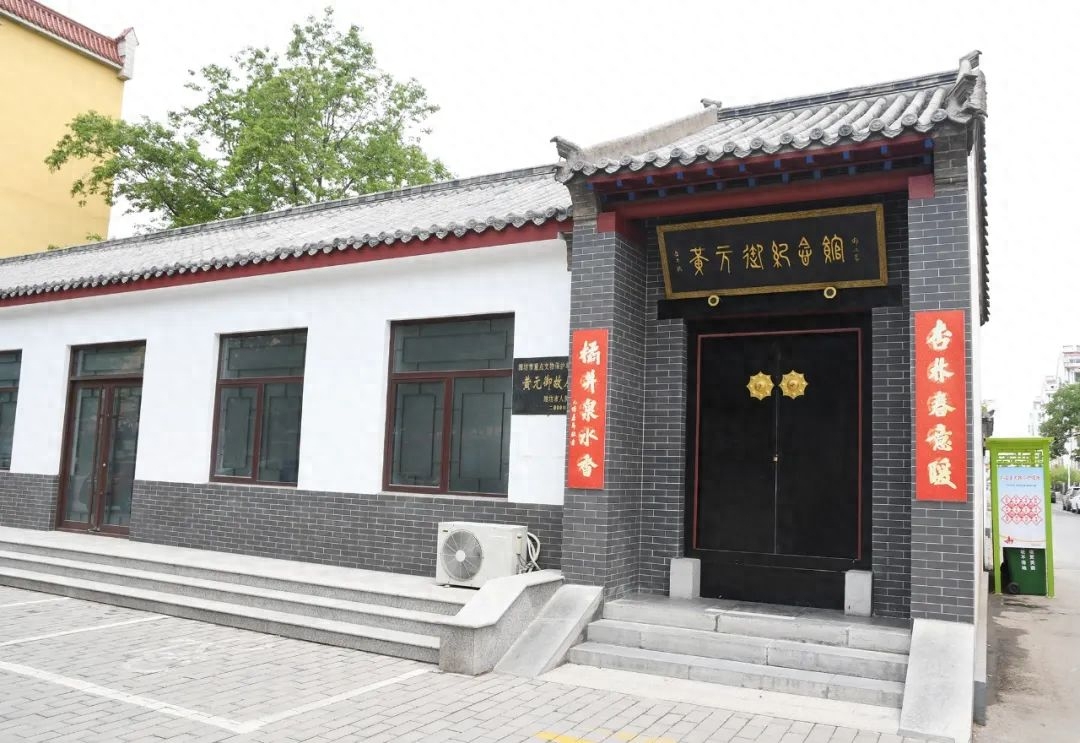
Huang Yuanyu Memorial Hall
Huang Yuanyu, who came from a Confucian background, read extensively in poetry and classics from a young age. After being blinded by quackers, he deeply felt the importance of medicine. With his profound cultural foundation and exceptional talent, he diligently studied ancient Chinese medicine classics. After years of struggle, his medical skills improved and his medical reputation flourished. At that time, he was known as the "Southern Zang and Northern Yellow" along with the famous doctor Zang Meiji from various cities.
In the fifteenth year of the Qianlong reign (1750 AD), Emperor Qianlong became seriously ill, and the hospital and renowned doctors in the capital were unable to cure him effectively. At that time, there was a villager in the palace who was well aware of Huang Yuanyu's superb medical skills and recommended it to the court. After Huang Yuanyu entered the palace, Qianlong wanted to test his medical skills, so he ordered the palace maids to lie in the tent and let them diagnose the pulse. Huang Yuanyu said, "The dragon and phoenix veins have no medicine to cure, and he is afraid of dying soon." Upon hearing this, Qianlong was pleased and convinced. After the imperial examination, Emperor Qianlong asked, "What disease did I suffer from and how should I be treated?" Emperor Yuan said, "Long live the small illness. It is a seven part drug poisoning and three part disease, and we must first remove the drug poisoning with two doses, and then take one dose to treat the underlying disease. After taking the medicine according to the prescription, the illness suddenly healed. Emperor Qianlong was overjoyed and bestowed a heavy amount of money, but Yuan Yu did not accept it. He said, "I am not an official for money, but I am willing to treat diseases and save people for the country. The emperor ordered him to be admitted to the Imperial Hospital as a physician, and gave him a wooden chess board and jade chess pieces. He often played chess with him, and was given the name "jade chess piece".
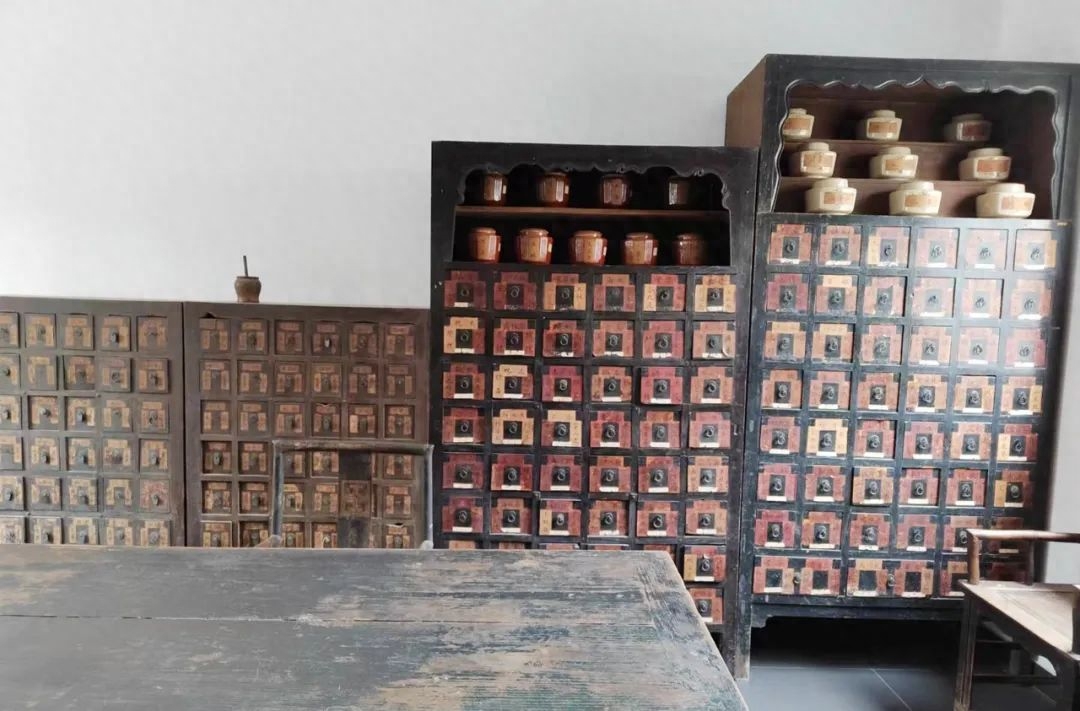
Huang Yuanyu's Former Residence Traditional Chinese Medicine Kitchen
In February of the 16th year of the Qianlong reign, Emperor Qianlong conducted a southern inspection, and Huang Yuanyu was ordered to serve as an attendant. Along the way, he treated people's illnesses and dispensed medicines with miraculous effects. In order to reward his knowledge, Emperor Qianlong personally inscribed a plaque titled "Miaowu Qihuang" hanging at the entrance of the Tai Hospital. In the 23rd year of the Qianlong reign (1758), Emperor Qianlong learned of the passing of Emperor Huang Yuan and deeply regretted it. He personally wrote the four words "benevolence, medicine, and assistance" to commemorate his medical skills and ethics.
Huang Yuanyu was highly praised by Emperor Qianlong for his exquisite medical skills and noble character, but he was also envied and excluded by other imperial doctors at the Tai Hospital. During his time at the Imperial Hospital in Beijing, Huang Yuanyu did not achieve great success. In his "Preface to the Heart Source of the Four Saints", he said, "Considering oneself has reached Renshen for many years, and the Yuan grass has not yet been established, the sky has grown into a state of poverty and sorrow, without frequent use of idle days and the prosperity of the emperor's family, how can we rely on it. Due to his consideration of not having many good times, but only having enough, Huang Yuanyu left the capital in Xinweiqiu (1751) and began a quiet life of treating diseases, preaching disciples, and writing books among the people.

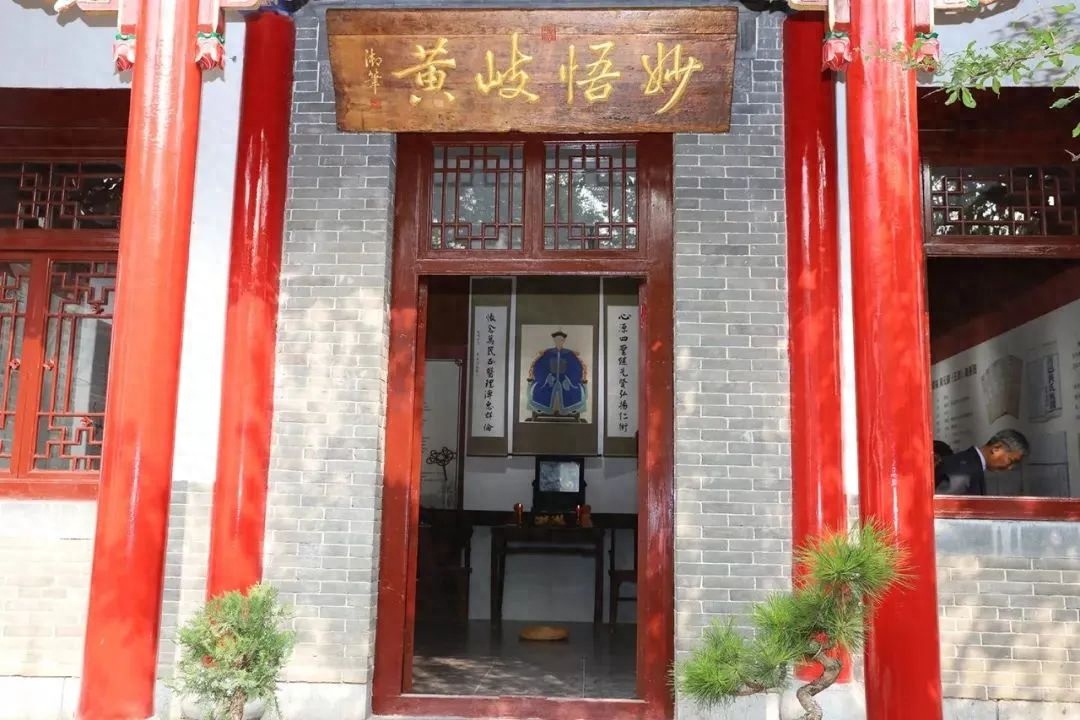
Chapter 2
The Grand Achievers of Confucian Medicine
The Grand Achievers of Confucian Medicine
Confucian medicine is a fusion of traditional Chinese culture and medicine, and is a unique social and cultural phenomenon in ancient China. Confucian medicine initially referred to traditional Chinese medicine, which originated from the Qilu culture. After the integration of Confucian ideas into the medical field, it improved the social status of medicine and the cultural quality of medical talents. Confucian doctors have a profound cultural foundation and attach great importance to classics. They participate in medical practice activities, write books and theories, compile, organize, and retain a large number of medical literature, inherit and promote traditional Chinese medicine theory, and endow traditional Chinese medicine with rich cultural connotations. Confucian medicine has played a crucial and irreplaceable role in the formation, continuation, and development of traditional Chinese medicine theory, and its influence is profound and extensive. In his "Essentials of the Song Society", Xu Song of the Qing Dynasty pointed out that "the court built medicine, educated scholars, and enabled Confucian scholars to understand and diagnose and treat diseases, which is called Confucian medicine".
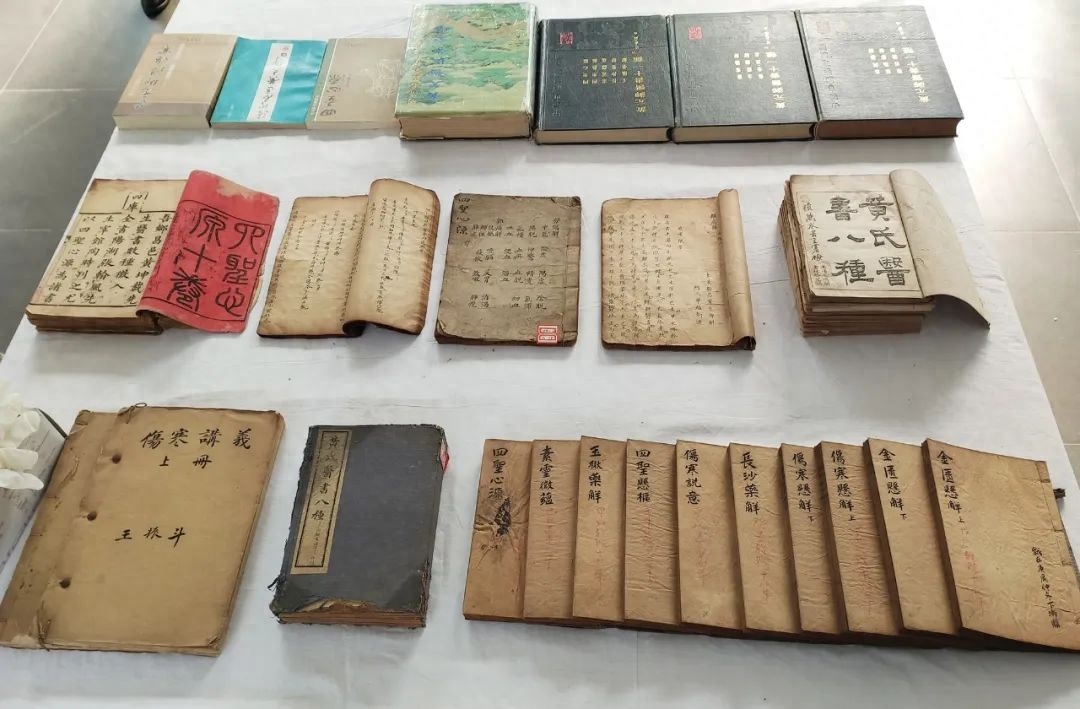
Qilu Medical School refers to a traditional Chinese medicine school and academic group with regional characteristics that emerged on the land of Qilu and rooted in Qilu culture. The unity of heaven and man "is one of the basic theories of traditional Chinese medicine, and the spatiotemporal background and geographical environment are important factors that affect the emergence, inheritance, and development of traditional Chinese medicine schools. The regional academic school is one of the most important schools of traditional Chinese medicine, which is based on the impact of regional environment, lifestyle habits, and other factors on human health, and classified according to the theoretical methods and prevention and treatment characteristics of different physicians. Regional academic schools summarize the characteristics of specific regional medicine through research on the incidence tendency and treatment specificity of the region, reflecting its distinct regional characteristics. Since the 1970s, the trend of organizing, exploring, and researching regional academic schools has gradually formed. Currently, there are more studied regional academic schools such as the Qilu School of Medicine, the Menghe School of Medicine, the Xin'an School of Medicine, and the Wu School of Traditional Chinese Medicine. Shandong was once known as the "State of Qilu" and "State of Rites and Etiquette", with a reputation of "thousands of miles of clay". It was a place with developed ancient economy and culture. Qilu has a well-developed economy and culture, a vast land with abundant resources, abundant medicinal materials, and generations of famous doctors, such as Bianque, Wang Shuhe, Li Ehua, and Zang Meiji, who are all famous figures in the history of Chinese medicine.
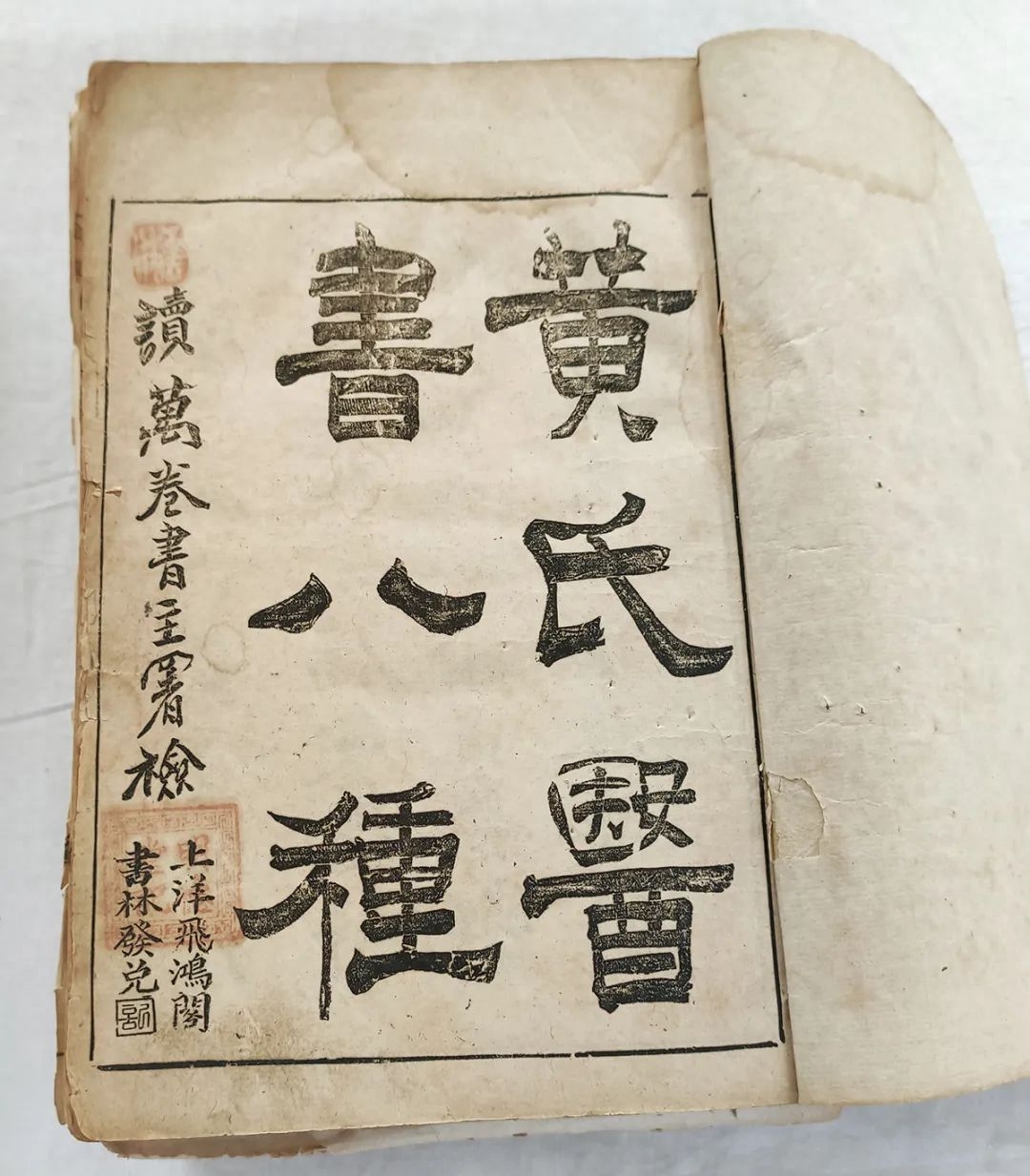
As the imperial physician of Emperor Qianlong, Huang Yuanyu was a representative of Confucian medicine in the Qing Dynasty and had a profound impact on the formation and development of the Qilu medical school. The theory of febrile diseases was prevalent in the Qing Dynasty, and cold and cooling medicines were widely used. Huang Yuanyu's eye disease was caused by the overuse of cold and cooling medicines by quacks. He deeply detested quacks who did not value classical theories and deviated from the scriptures. He devoted his entire life to studying classical medical books and revered the remains of the four saints "Huang Di, Qi Bo, Yue Ren, and Zhong Jing". The three immortal ideas of Confucianism, namely "the supreme emperor establishes virtue, followed by meritorious deeds, and followed by words," have had a profound impact on the formation of Huang Yuanyu's academic thought. Huang Yuanyu's profound Confucian heritage and his pursuit of contributing to the country from a young age have led to his extraordinary medical contributions. In his later years, he combined clinical experience and medical classics to write over two million words of medical works. His writing style is beautiful, with neat contrasts, clear thinking, and unique insights, making it a rare treasure of medical art.
Huang Yuanyu's works were first published in the "Eight Kinds of Huang's Medical Books" during the Qianlong period: "The Source of the Four Saints' Heart", "Su Ling Wei Yun", "The Four Saints' Hanging Pivot", "Shanghan Hanging Jie", "Shanghan Shuo Yi", "Jinkui Hanging Jie", "Changsha Yaojie", and "Yuzhuan Yaojie". There are currently multiple Qing carved versions. There is also a folk legend that Huang Yuanyu still has books such as "Plague and Acne" and "Huang's Medical Manuscript", which were lost to the public due to various reasons. Currently, excavation work has not been carried out.
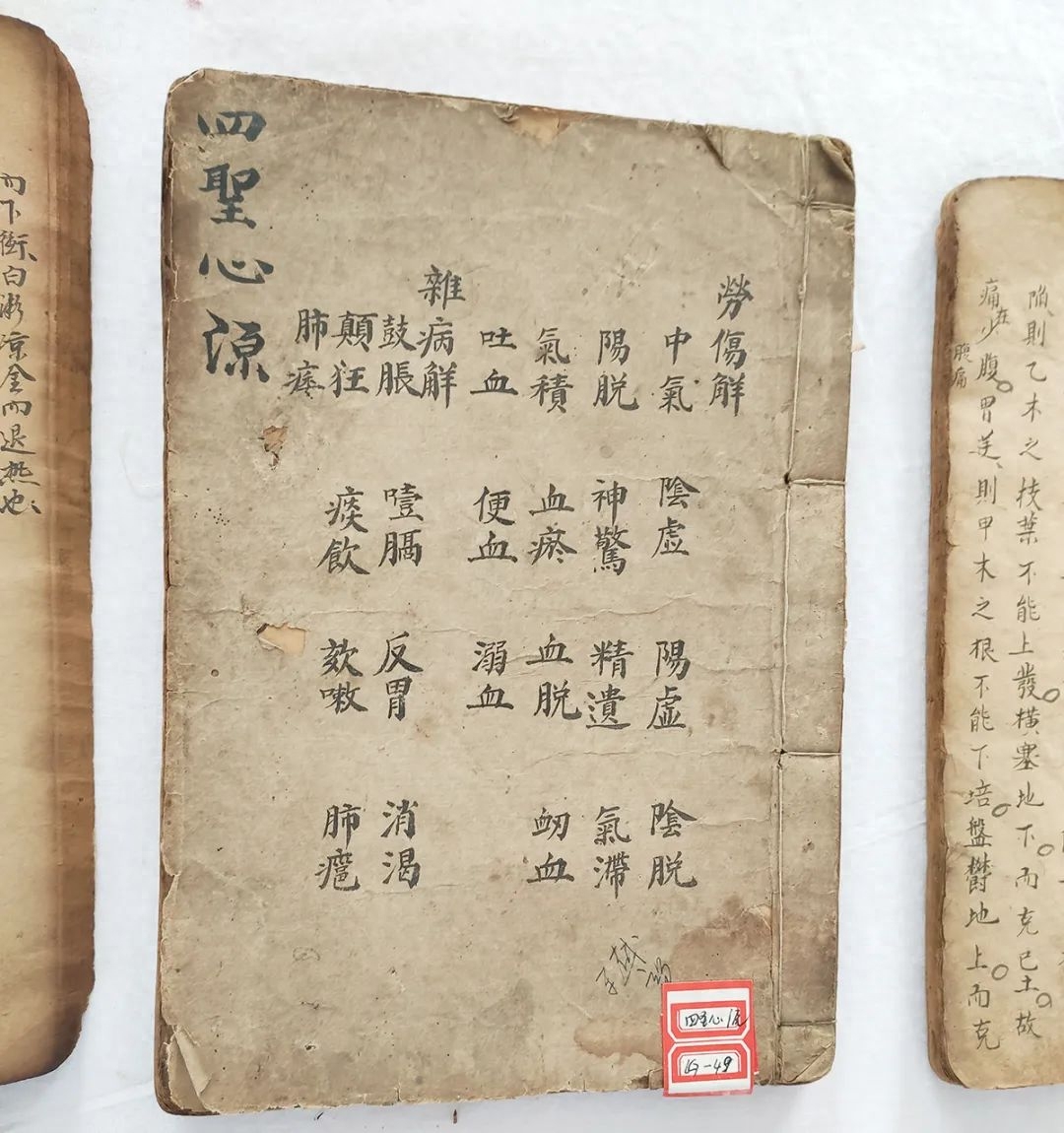
In 1990, Ma Ruiting and Sun Qianxi led the completion of the task of organizing and researching ancient Chinese medicine books assigned by the Ministry of Health of the People's Republic of China. They reviewed and completed over 1.7 million words of the "Eleven Kinds of Huangyuan Imperial Medical Books": "Su Wen Xuan Jie", "Ling Shu Xuan Jie", "Difficult Jing Xuan Jie", "Shang Han Xuan Jie", "Jin Kui Xuan Jie", "Shang Han Shuyi", "Si Sheng Xin Yuan", "Su Ling Wei Yun", "Si Sheng Xuan Shu", "Changsha Yao Jie", and "Yu Li Yao Jie".
In 2012, Professor Ren Qisong collected and organized all the works of Huang Yuanyu recorded in the Complete Works of the Four Classics, and re edited and published "Thirteen Types of Works of Huang Yuanyu": "Su Ling Wei Yun", "Shang Han Xuan Jie", "Jin Ku Xuan Jie", "Si Sheng Xin Yuan", "Changsha Yao Jie", "Si Sheng Xuan Shu", "Shang Han Shuyi", "Yu Li Yao Jie", "Su Wen Xuan Jie", "Ling Shu Xuan Jie", "Difficult Jing Xuan Jie", "Moral Xuan Jie", and "Zhou Yi Xuan Xiang", These thirteen works are all listed in the "Summary of the General Catalogue of the Complete Library of Four Classics".
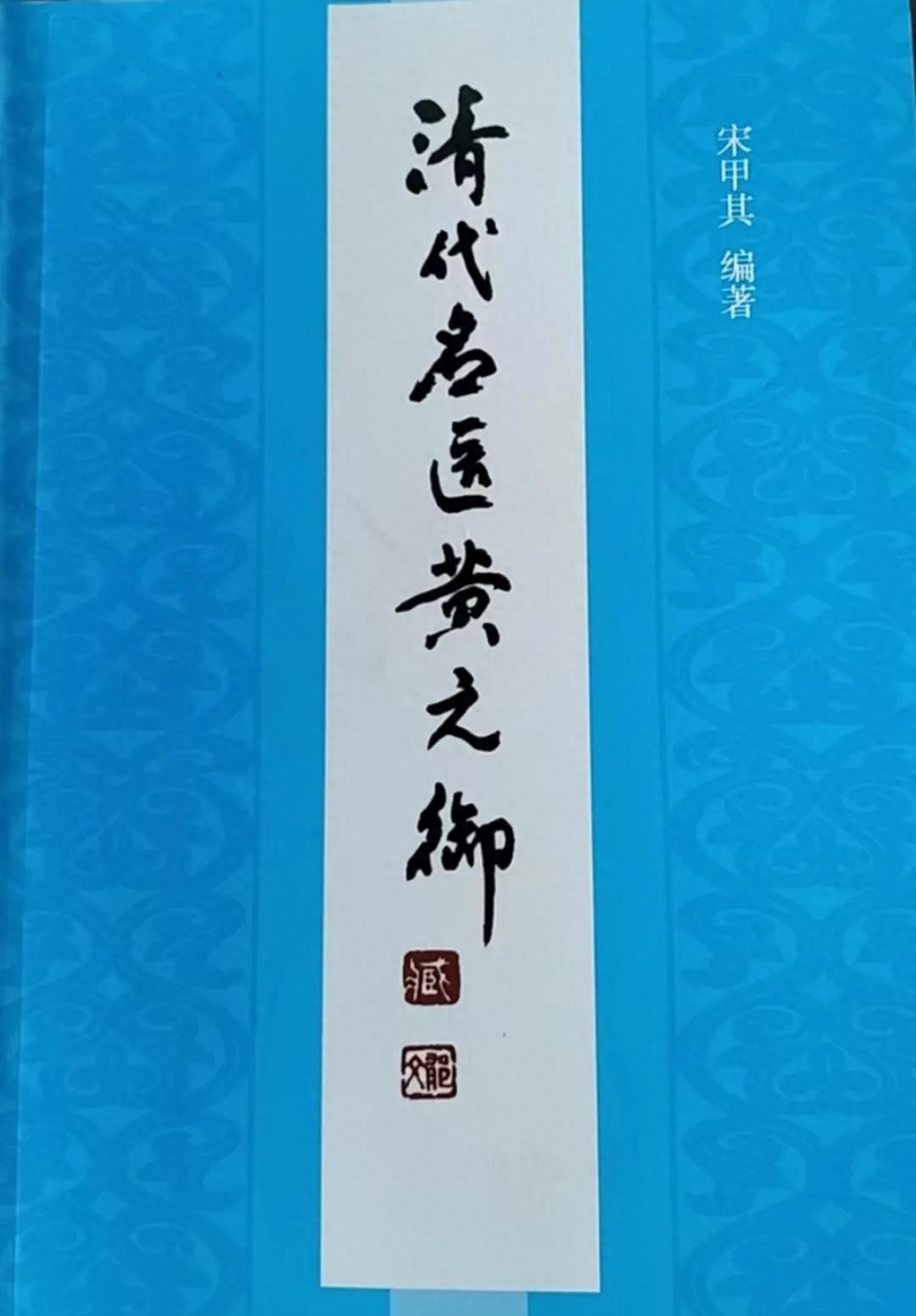
Reprint of "Huang Yuanyu, a Famous Doctor of the Qing Dynasty"
Huang Yuanyu has made many achievements in the field of traditional Chinese culture. Since ancient times, there have been no separate schools of medicine. "I don't know if Yi is enough to speak of medicine," Sun Simiao said in his "Great Doctor's Sincerity": "Anyone who wants to become a great doctor must be familiar with the" Su Wen "," Jia Yi "," Yellow Emperor's Needle Classic "... and must also skillfully understand the Yin and Yang Lu Ming, various schools of thought, and the five signs of scorching turtles, and the six ren in the" Book of Changes ". If they are not proficient in this, they will become a great doctor. If they are not, they will be like wandering aimless at night, causing sudden death...". Huang Yuanyu is well acquainted with the essence of traditional Chinese culture, such as Tao Te Ching, The Book of Changes, The River Map, and The Book of Changes. In addition to his medical work, he wrote the Book of Changes, The Hanging Image of the Book of Changes, The Hanging Interpretation of the Book of Changes, and The Tao Te Ching Interpretation. He studied the theory of changes in the meaning of the universe's Yin and Yang Eight Trigrams into medicine. On the basis of respecting the classics and combining his own clinical experience, he innovatively said that "one breath circulates" and "the rise and fall of the middle spirit", Establishing a syndrome differentiation system based on the Six Qi Axis and developing a unique medical theory, it is known as the generation of medical practitioners who have been passed down since Changsha.
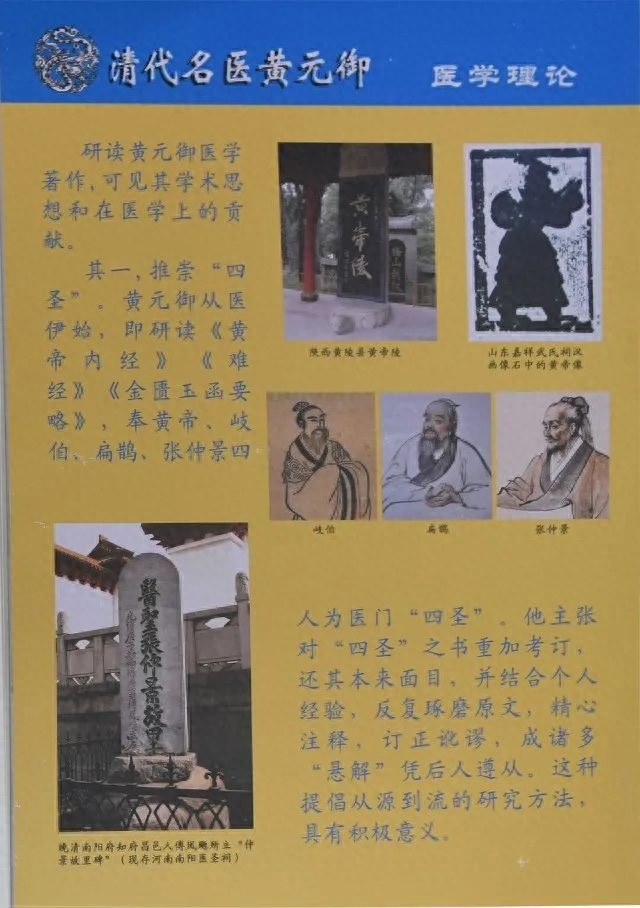
At the beginning of the birth of Huang Yuanyu's academic thought, it was not widely circulated. The main reason for this is the prevalence of the theory of febrile diseases in the Qing Dynasty. The theory of Huang Yuanyu supplementing the earth and supporting the yang contradicted the mainstream medical school, and was characterized by the imperial physicians as a "heretical statement", which was strongly banned by the mainstream medical school. Huang Yuan, relying on his talent and arrogance, only praised the four saints of "Yellow Emperor, Qibo, Bianque, and Zhang Zhongjing". In addition, he was highly regarded by Emperor Qianlong, and was ordered to enter the Imperial Hospital, rewarded with the fifth grade top hat, sent jade chess to pull the plate, and awarded the title "Jade Pulling Child". The inscription "Wonderful Understanding of Qihuang" and other honors provoked jealousy from other imperial doctors in the Imperial Hospital, and was criticized and denied by the compilers of the Complete Library of Four Libraries. When compiling the "Complete Library of Four Treasures", due to Emperor Qianlong's praise for Huang Yuanyu, he did not dare to exclude Huang Yuanyu's works from the list of prohibited books and burned them, but only included them in the "General Catalogue of Complete Library of Four Treasures", And the evaluation is quite critical: "Huang Yuan, the emperor of the Yuan Dynasty, has a high reputation for driving out medical experts since the Wei and Jin dynasties. He has come from the Yellow Emperor, Qibo, Qin and Yue people, and Zhang Zhongjing, and rarely avoids those who slander him. It is inevitable that the teacher's heart is too excessive and he is too eager to seek fame. However, his exegesis is quite able to trace back the ancient meaning... He skillfully said that famous doctors from all dynasties have achieved everything, and it can be said that he is good at cursing.
Huang Yuanyu was aware of the rejection and opposition of the imperial physicians towards him at that time. In the preface to the "Four Sages Hanging Pivot", he said, "There must be people of Hou Huan in the universe today. I will hide them in the deep mountains and wait for them.
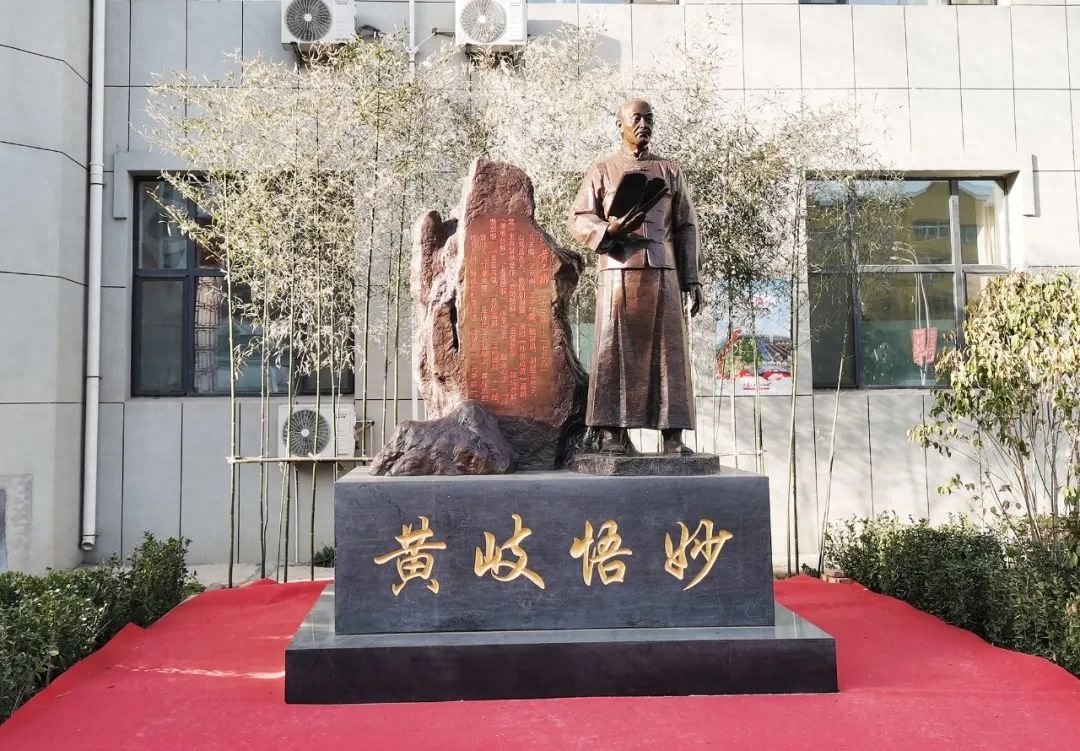
Bronze Statue of Huang Yuan Yu in Changyi Traditional Chinese Medicine Hospital
Chapter 3
Inheritance and Promotion of Huang Yuanyu's Traditional Chinese Medicine Culture
Huang Yuanyu was suppressed for publicly pointing out the malpractices of traditional Chinese medicine, and his ideas underwent a period of concealment for nearly a hundred years in the dissemination process. Huang Yuanyu had two sons, the eldest son Hong Mo, and the second son Hong Xun. They all followed their father's teachings and obtained their true biography. During Huang Yuanyu's medical practice, he recruited many disciples. His disciple Bi Wuling was referred to by Huang Yuanyu as the inheritor of the alms, praising him as "standing side by side with Biancang". However, due to Huang Yuanyu's exclusion and suppression, his sons and disciples could only practice medicine in secret among the people. Many of his sons and disciples' miraculous and folk remedies were widely passed down in the countryside, but these valuable medical experiences are still in need of being discovered and passed down to the public.
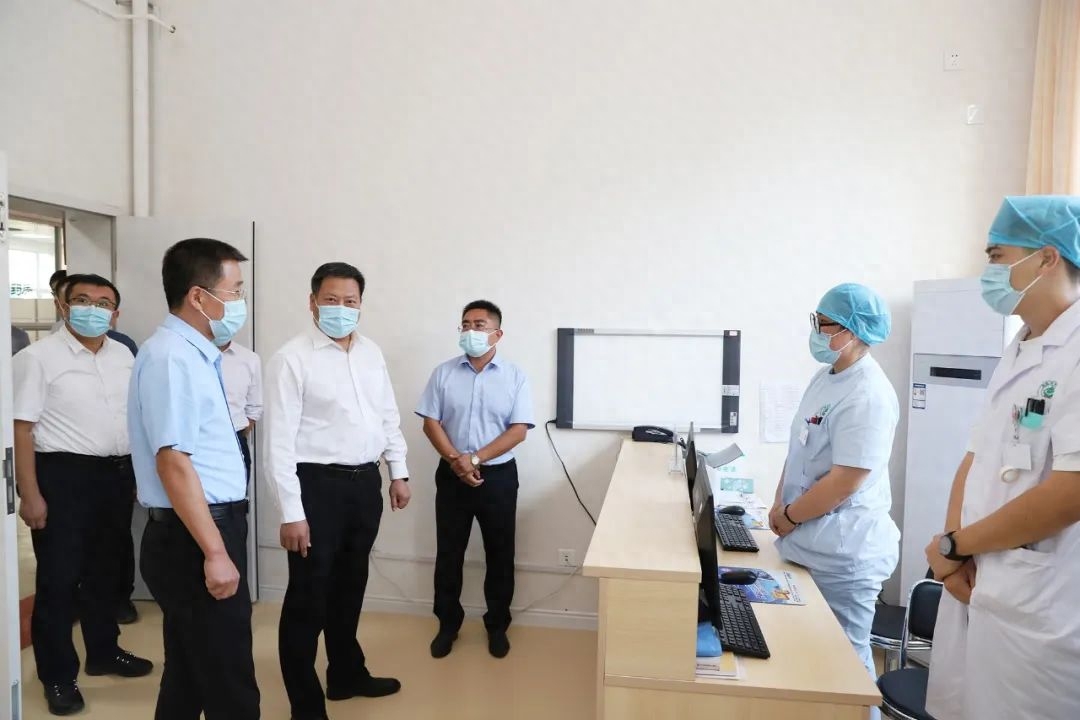
Li Yuxiang, Secretary of Changyi Municipal Party Committee, conducted research at the Municipal Traditional Chinese Medicine Hospital
Within nearly a hundred years of Huang Yuanyu's death, there were few people who understood his academic theories, and even fewer who achieved his medical skills. Until 1832, Zhang Qi, the Yang Lakers, carved "The Heart of the Four Saints" out of wooden boards, which was considered the first circulation. Zhang Qi was a litterateur and medical expert in the Qing Dynasty. In the 18th year of Jiaqing, Zhang Qi was a member of the public. In the 3rd year of Daoguang, he served as the Supervisor of the County of Zouping and Zhangqiu in Shandong Province. He was honest and good at medicine. People with diseases set up a bureau for self diagnosis. Zhang Qi stumbled upon Huang Yuanyu's "Su Ling Wei Yun" and after reading it, he was amazed and exclaimed in the Heavenly Book: "His writings drove the Wei and Jin dynasties. Han Feng was skilled in medicine, and he was only one person after Zhongjing." "After Changsha, a fire of salary spread, not self-esteem. In the preface to "The Heart of the Four Saints: Yang Lake Zhang Qi Preface", it is said that "since the Tang Dynasty, the Tao has been declining day by day... Liu Wansu proposed the theory of purging fire, Zhu Yan proposed the method of nourishing yin, and along the sea, there was a competition to impart knowledge... Since the gates were divided, the wrong path was taken, and the ancient law has been disrupted to this day." It is covered by Liu Zhu's words that have permeated the world, and only the world knows how to nourish yin and extinguish the fire... What the gentleman did was to illustrate the purpose of the Four Saints, but in modern times, when he rejected the heretical theories, he would be forceful.
Zhang Qi spent more than twenty years searching for Huang Yuanyu's other works, but only found four. Zhang Qi, as a local Supervisor of the County of Shandong Province, was so difficult to find Huang Yuanyu's books, which showed that Huang Yuanyu's theory was characterized as "heresy" at that time, and was blocked by the Liu Zhu School of the time, which "refused without hesitation". It failed to become a mainstream school, and could only be spread in private.
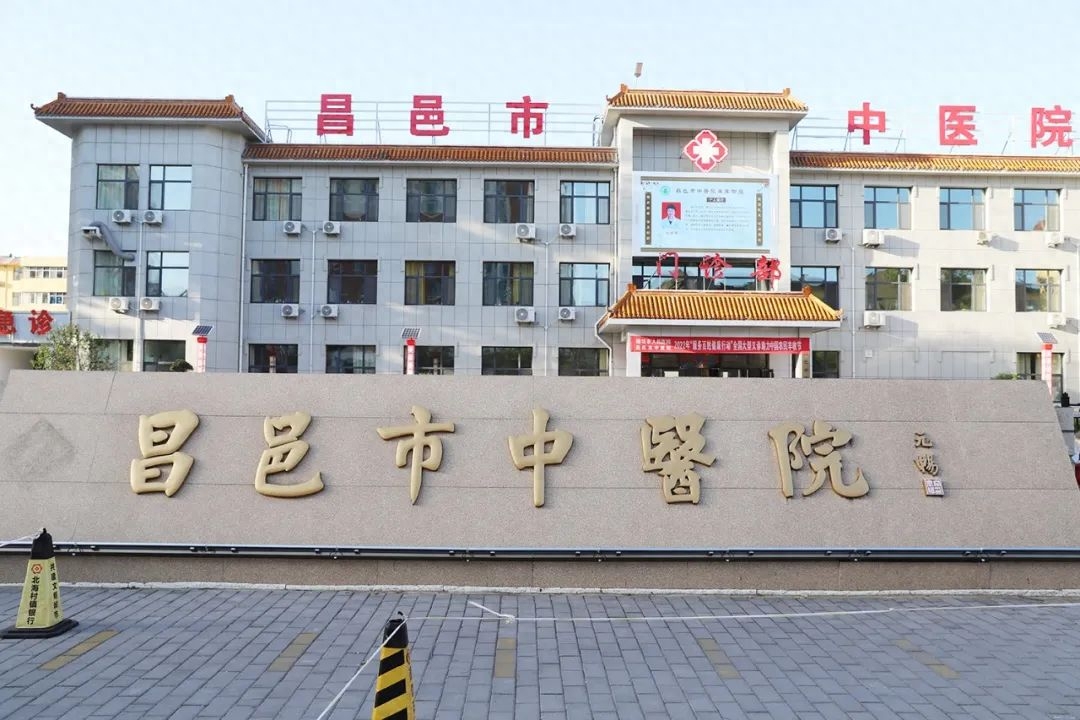
According to literature, the first generation of personally transmitted disciples who inherited the teachings of Huang Yuanyu were Pu Ze, Bi Wuling, and others. The most famous author of medical science was Puze, a native of Pingdu, Shandong. He served as a lecturer in Binzhou and was one of the famous Confucian doctors at that time. He studied medicine under Huang Yuanyu for many years and was deeply passed down. He synthesized Huang Yuanyu's theoretical research and his own clinical practice to write medical monographs such as "Medical Poetry Talks", "Yunchao Medical Case", "Guidelines for Typhoon Fever", and "Yaolue Lici". Unfortunately, currently only "Yaolue Lici" has been passed down, and other medical texts need to be explored and searched.
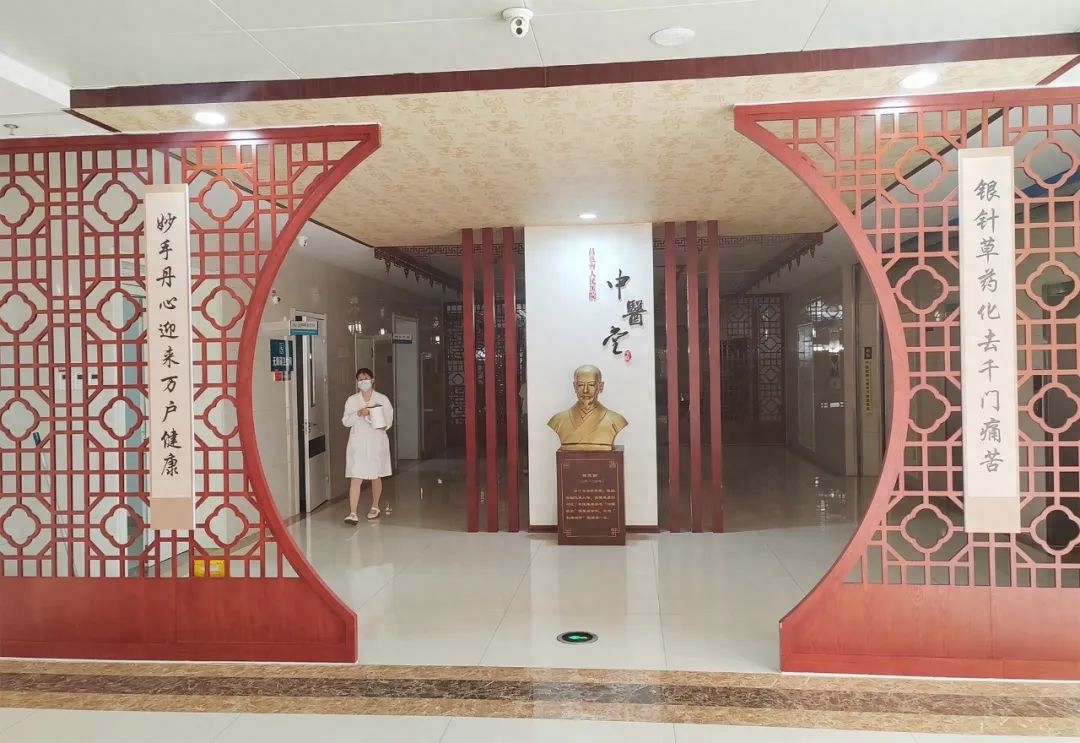
Changyi People's Hospital Traditional Chinese Medicine Hall
Mr. Ma Ruiting is the fifth generation descendant of Huang Yuanyu, born in Anqiu County, Shandong Province. He moved to Xi'an with his father in 1931. At the age of 15, Ma Ruiting fell critically ill. Fortunately, his uncle (the fourth generation descendant of Huang Yuanyu), Li Dingchen, gave him full treatment and was able to turn the tide. After recovering from his illness, Ma Ruiting resolutely took Li Dingchen as his teacher to study the medical skills of the Huang Yuanyu School.
Mr. Ma Ruiting made outstanding contributions to the comprehensive inheritance and development of Huang Yuan's imperial medicine in modern times. From 1983 to 1987, at the age of 80, he led the sixth generation inheritor Sun Qianxi to complete the task of organizing and researching ancient Chinese medicine books assigned by the Ministry of Health. He proofread the "Eleven Types of Huang Yuan's Imperial Medicine Books", a masterpiece of over 1.7 million words, and was published and distributed by the People's Health Publishing House in 1990, In 1991, he was awarded the Third Prize for Progress in Traditional Chinese Medicine Science and Technology by the National Administration of Traditional Chinese Medicine and the Second Prize for Achievements in Traditional Chinese Medicine Science and Technology in Shaanxi Province. Mr. Ma Ruiting combined Huang Yuanyu's academic theory with the characteristics of modern disease treatment, summarized his experience, and wrote the book "Ma Ruiting's Treatment Experience Collection", which was widely circulated and welcomed by medical practitioners.
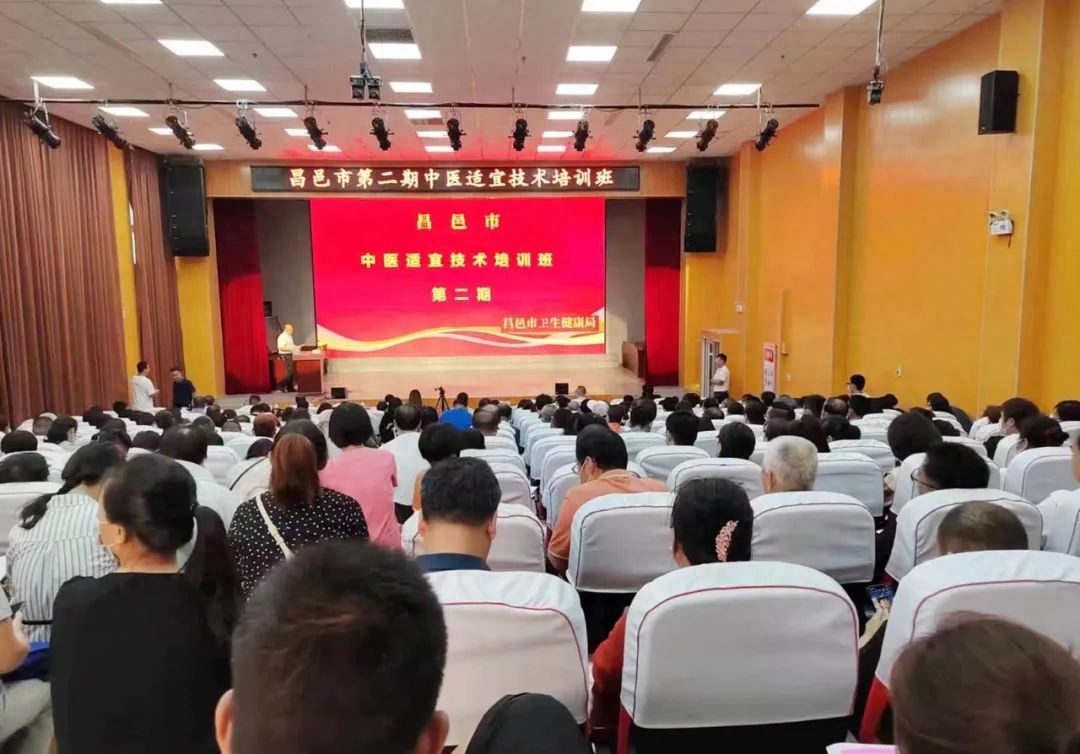
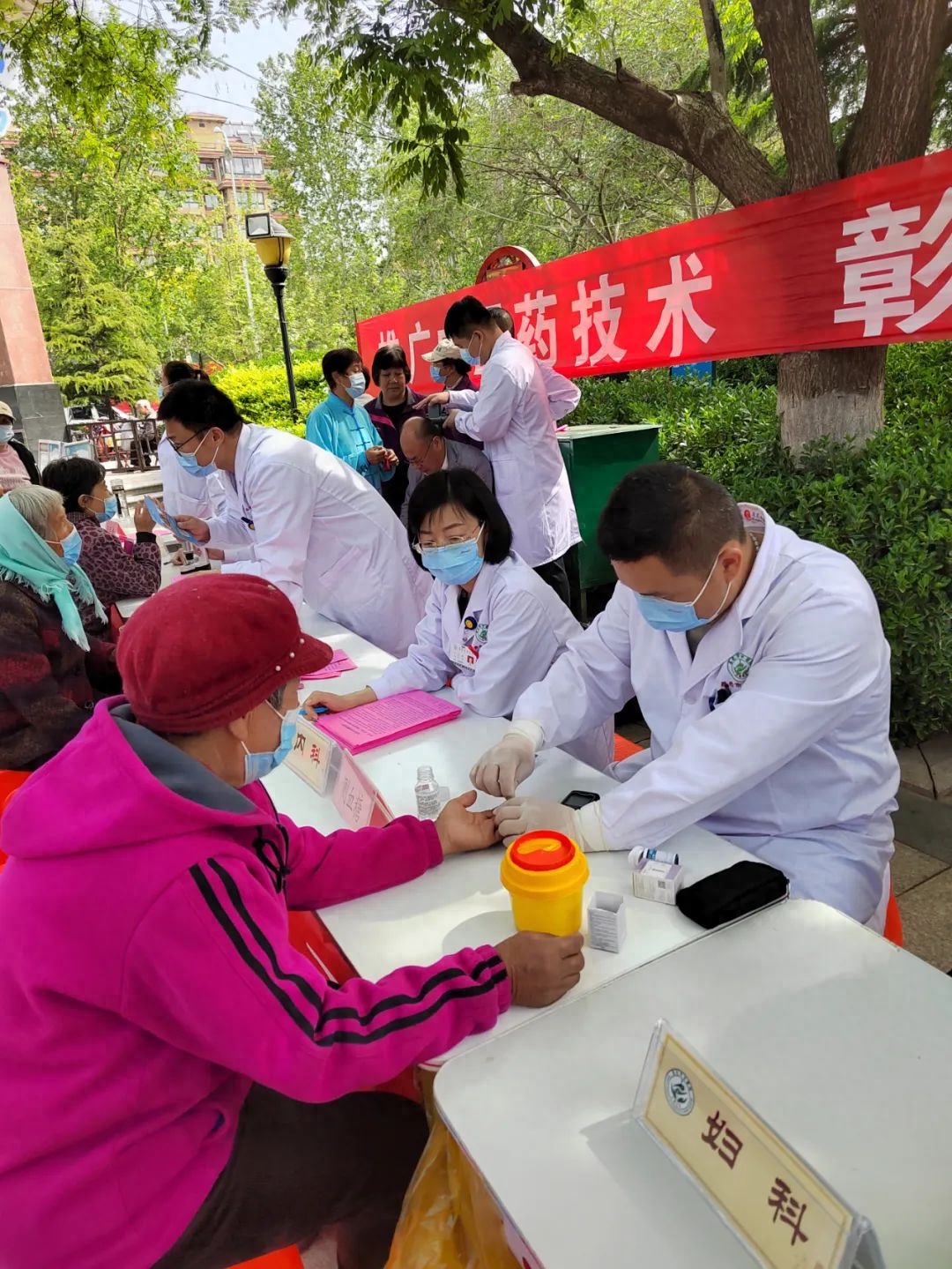
In 2019, Mr. Yang Zhen, a leading figure in the field of medicine, the first national renowned traditional Chinese medicine, and the sixth generation inheritor of Huang Yuanyu, established the "Huang Yuanyu Chang'an Academic School Inheritance Studio" at Xi'an Traditional Chinese Medicine Hospital. Due to its outstanding theoretical advantages, significant clinical efficacy, and distinctive academic characteristics, it was designated as the Shaanxi Province Traditional Chinese Medicine Academic School Inheritance Studio project. The members of the Huangyuan Yu Chang'an Academic School team have communicated and conducted research with people from all walks of life in Weifang and Changyi multiple times to verify historical materials, sort out the inheritance and development of Huangyuan Yu's medical school, and develop its clinical application. The aim is to work together with people from Huangyuan Yu's hometown to develop Huangyuan Yu's academic ideas, and to make Huangyuan Yu's academic school shine again in the land of China.
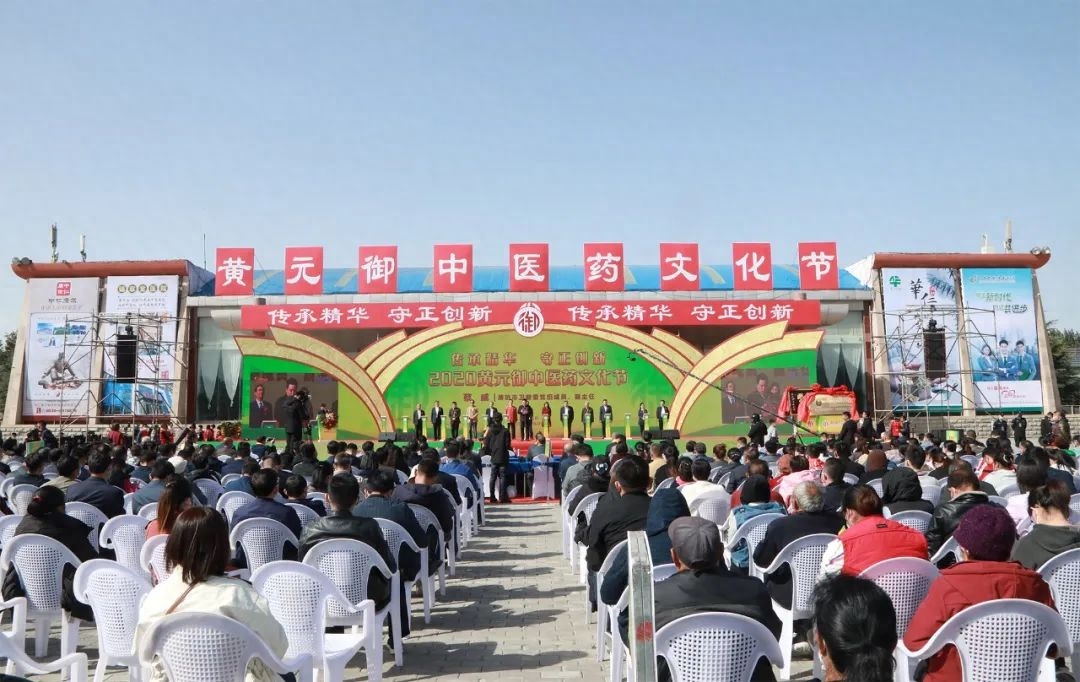
Chapter 4
Huang Yuanyu's Historical Influence and Academic Position
Huang Yuanyu's Historical Influence and Academic Position
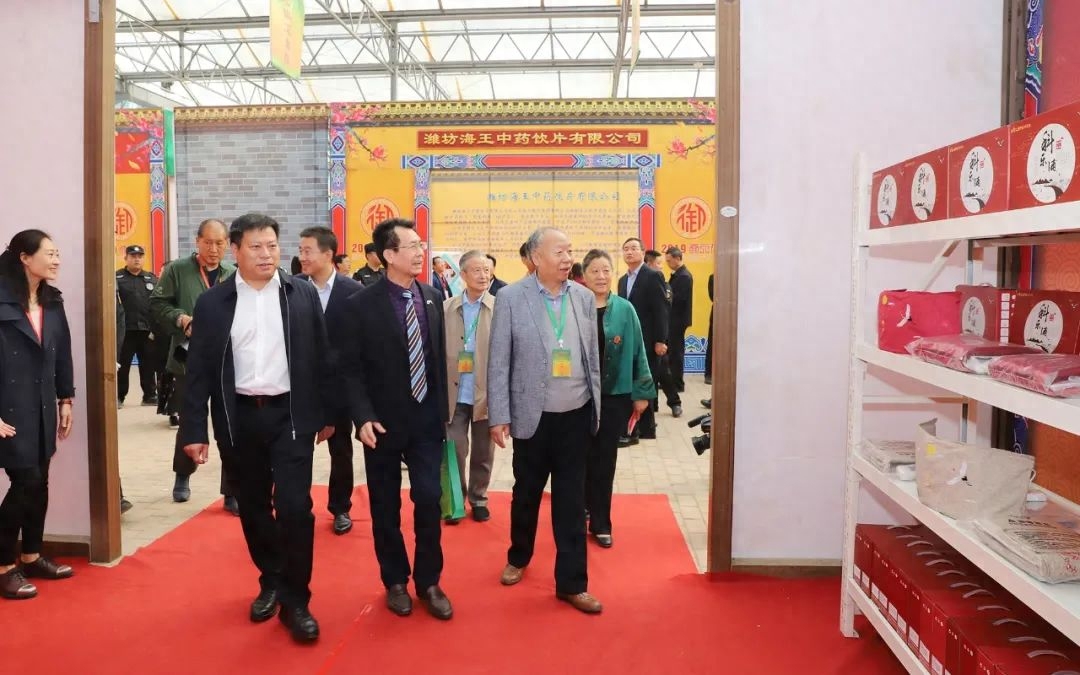
A Glimpse of Changyi Huangyuan Yu Traditional Chinese Medicine Culture Festival
Huang Yuanyu's academic thoughts on traditional Chinese medicine have met the conditions to become an independent school of traditional Chinese medicine, but the concept of "Huang Yuanyu's academic school" has not been formally proposed domestically or internationally. The main reason for the analysis is that although there is currently a high level of enthusiasm for the research of Huang Yuanyu, most of it is scattered in a certain academic point, and has not been fully utilized in literature research, clinical analysis, and other methods for comprehensive extraction and in-depth exploration. It has not been fully promoted and improved as a traditional Chinese medicine academic school. The conditions for the establishment of traditional Chinese medicine academic schools, recognized by scholars both domestically and internationally, are "having original viewpoints, reflecting works passed down from generation to generation, and inheriting disciples with high academic levels". On the basis of respecting classics and combining his clinical experience, Huang Yuanyu innovatively proposed the theory of "One Qi Circulation", "Middle Qi Ascending and Lowering", and "Six Qi Pivot Syndrome Differentiation System", which is known as the generation of medical practitioners who have been passed down since Changsha. The academic inheritance of Huang Yuanyu has accumulated a rich foundation and many famous doctors have emerged. Mr. Yang Zhen, the sixth generation inheritor, was the first national famous traditional Chinese medicine, and Yang Zhen, the academic leader of the "Huang Yuanyu Chang'an Academic School Inheritance Studio", has been designated as the Shaanxi Province Traditional Chinese Medicine Academic School Inheritance Studio project. Huang Yuanyu's works are included in 8 types in the "Summary of the Complete Library of Four Classics". There are still works circulating among the people, such as "Plague and Acne" and "Huang's Medical Manuscript", that have not been sorted out and published. The above are all the basic conditions for Huang Yuanyu's academic thinking of traditional Chinese medicine to become an independent school of traditional Chinese medicine.
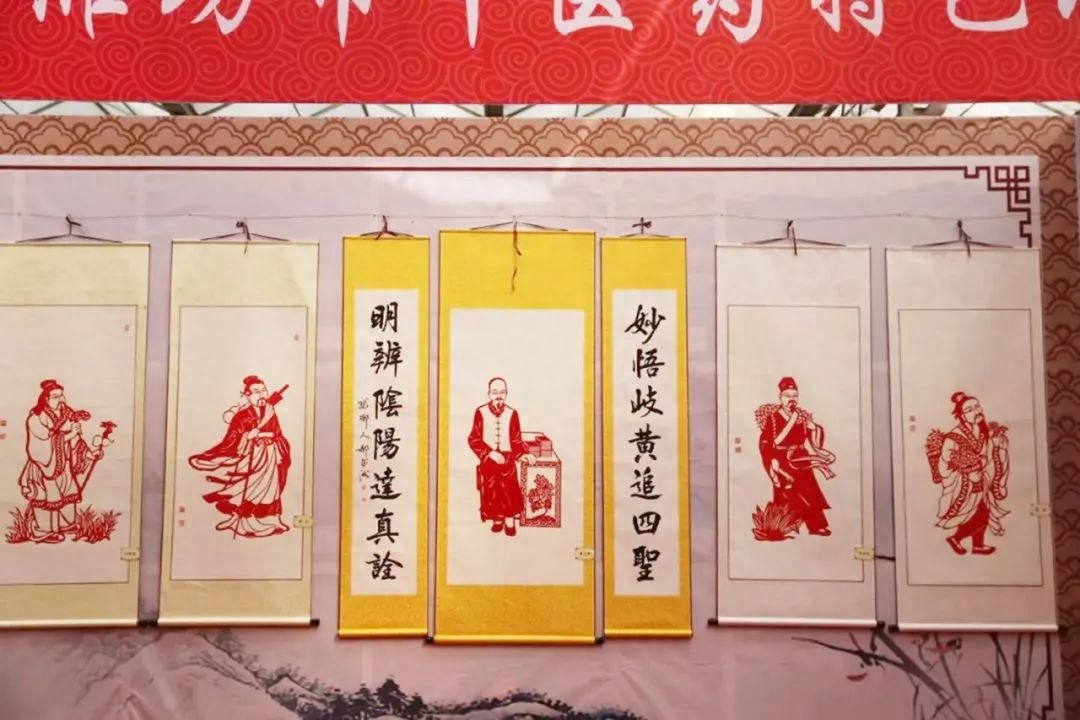
Huang Yuanyu's Historical Influence and Academic Position
(Author's unit: Changyi Municipal Health Bureau)
Disclaimer: The content of this article is sourced from the internet. The copyright of the text, images, and other materials belongs to the original author. The platform reprints the materials for the purpose of conveying more information. The content of the article is for reference and learning only, and should not be used for commercial purposes. If it infringes on your legitimate rights and interests, please contact us promptly and we will handle it as soon as possible! We respect copyright and are committed to protecting it. Thank you for sharing.(Email:[email protected])
